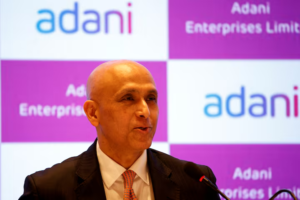
The New Legislation Explained
Recently, Australia made headlines by passing a landmark order that bans social media access for children under the age of 16.
This decision has raised intense debate regarding its implications on child development and education.
The law aims to protect young people’s mental health and well-being by regulating their exposure to potentially harmful online environments.
Concerns About Learning Opportunities
Opponents of the ban argue that restricting social media access could deny children significant learning opportunities.
In today’s digital age, social media platforms serve as vital tools for information, collaboration, and community engagement.
They can foster creativity and social skills among young users.
Critics believe that such a ban might hinder a child’s ability to navigate the increasingly digital world, potentially leaving them unprepared for future challenges.
In contrast, supporters of the legislation highlight the growing concern over mental health issues linked to social media use among adolescents.
With social media often associated with cyberbullying, unrealistic body images, and mental distress, they see this ban as a protective measure.
Striking a balance between safety and education is crucial.
Whether this order is indeed a good move remains to be seen as the nation gauges its impact on kids’ development and learning.




